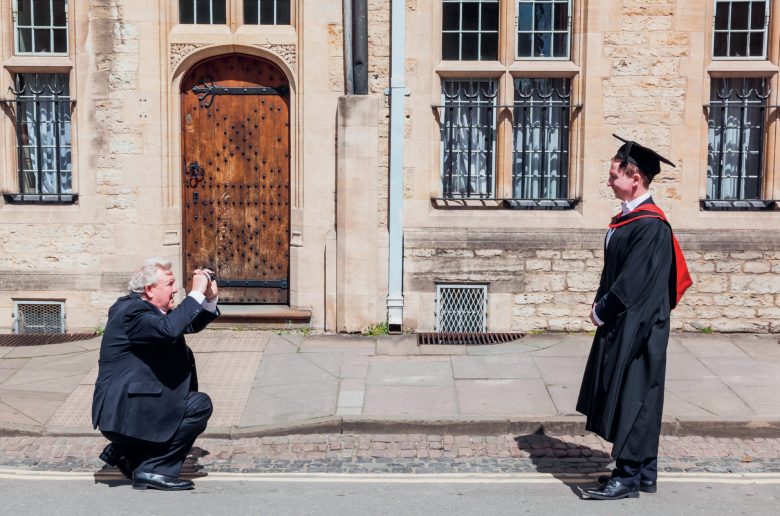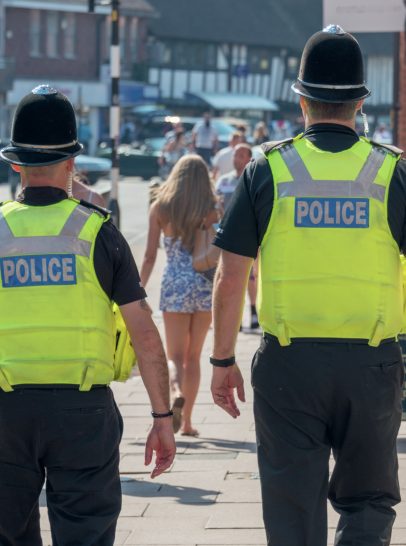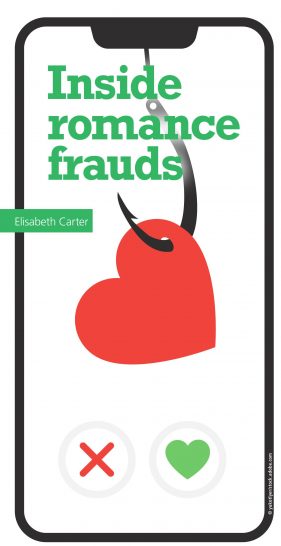
Human trafficking refers to ‘the recruitment, transportation, harbouring or receipt of people for the purposes of slavery, forced labour and servitude’. The concept is mentioned with increasing frequency in the media, but even so it might come as a surprise to many people to learn that it has become one of the largest and most lucrative illegal trades in the world, alongside gun-running and drugs smuggling. While it operates throughout the world, human trafficking is a growing problem for the UK and other European countries, where most trafficking involves the forced recruitment of women and young girls into the sex trade. To be ‘trafficked’ means, in effect, to be forced into slavery.
The very nature of this illegal trade means that accurate figures of its extent are impossible to come by. A 2009 report from the House of Commons Home Affairs Committee estimated that the number of people trafficked into EU countries was between 100,000 and 800,000 every year. These crimes result in only between 100 and 300 prosecutions per annum, such is the difficulty of finding those responsible and bringing them to justice. A report by the Independent newspaper in July 2008, based on police sources, said that there could be up to 18,000 trafficked females, including girls as young as 14, working in brothels across Britain.
Your organisation does not have access to this article.
Sign up today to give your students the edge they need to achieve their best grades with subject expertise
Subscribe




